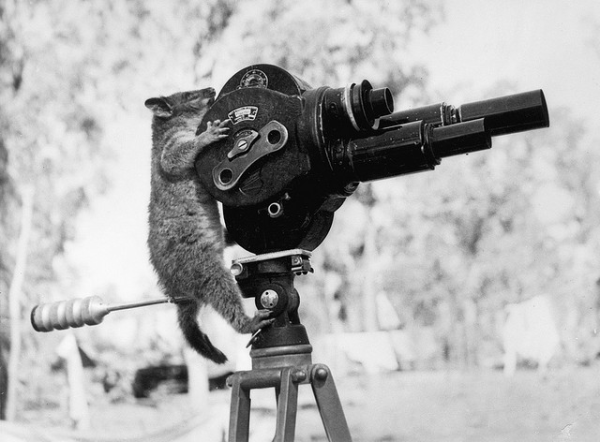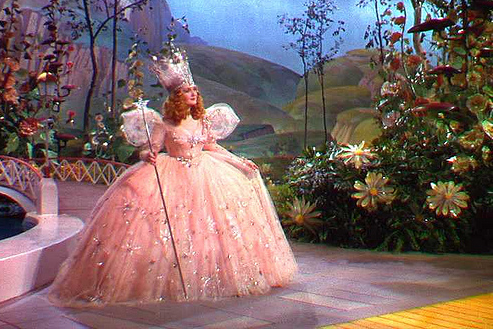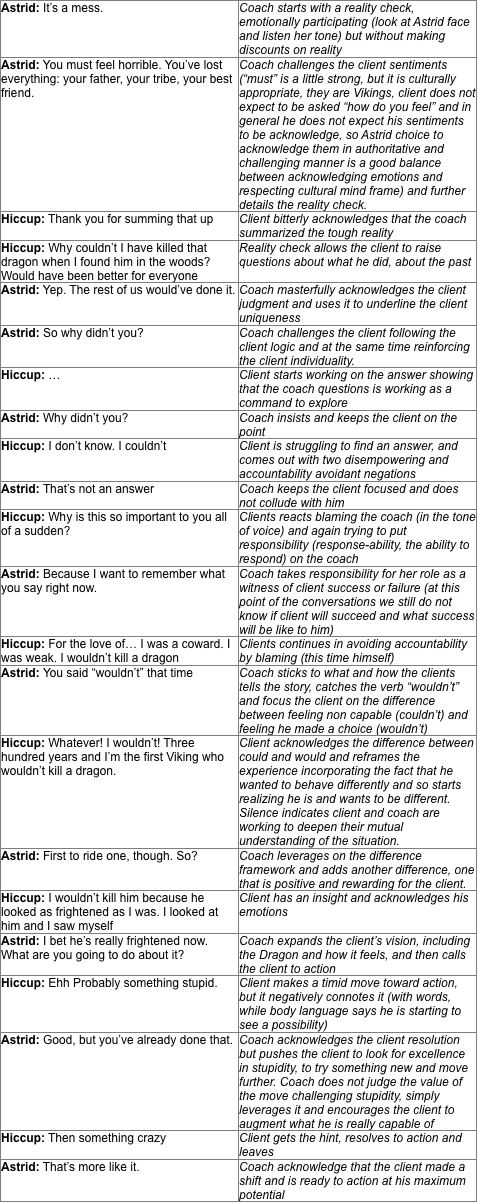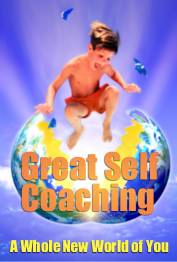 Once upon a time, in a land far far away, where everything always looked as it should, if you hired a life coach, s/he was most likely older than you. Prevailing wisdom said more experience meant greater wisdom and that's what you want in your life coach, right? Maybe.
Once upon a time, in a land far far away, where everything always looked as it should, if you hired a life coach, s/he was most likely older than you. Prevailing wisdom said more experience meant greater wisdom and that's what you want in your life coach, right? Maybe.
In the world I live in, life coaches come in all ages and aren't necessarily all sages. Does that even matter?
At left, is Life Coach, Traci McMinn-Joubert, CCC. She's one of the many under-forty coaches who studies at School of Coaching Mastery and who hold their own with most of us older coaches. Apparently, that's surprising to a lot of people, including some coaches.
For instance, yesterday, the New York Times ran an article called, Should a Life Coach Have a Life First? about the growing trend toward younger coaches in this profession. I found the online comments on this article more interesting than the article, itself. They're loaded with misconceptions and skepticism from folks who aren't sure what life coaching is but suspect they don't like it, plus the occasional plug by an actual life coach that tends to seem self-serving. So I thought I would try to help clear up the confusion. Here goes...
1. One reason younger coaches do well is that life experience is only a fraction of what life coaches offer. As I tell my students, advice is the least of the deliverables you have to offer your clients. Coaching is far more than that. Author, David Rock, says life coaches help people think better. That might not sound like much, but if you need to make life-changing decisions, having someone help you think better is priceless. And that pretty much explains why coaches command such high fees when everyone knows that advice is free.
2. Another reason is that experience is relative. Clients hire life coaches who are on a similar path, but further along. If you just graduated from college, for instance, and want a coach who can help you make that enormous transition from student to full-fledged adult in today's world (that's a big need), it makes sense to hire a coach who's a few years older than you, rather than someone your grandma's age.
3. A third reason younger coaches do well is that experience has a short shelf life in today's world. Maybe you have awesome experience on how to climb the corporate ladder from the 1960's through the 1990's, but you struggle with social media, smart phones, apps and tablets. If so, then you may not understand the culture, much less have the skills needed by today's workers, who are intra-preneurial and know that there's no gold watch, nor life-long pension waiting for them.
Let's face it, young coaching clients are an ever-renewing potential source of business for life coaches and some of them want young coaches who they can relate to.
Then again, Baby Boomers are still asking themselves questions like, "What do I want to be when my children grow up?" And in some cases, older coaches are the ones who can help middles-aged clients make better choices that lead to happier lives (another big need).
The real issue isn't how old your life coach is, but how much 1) personal development, and 2) coaching skill, they have under their belts. Too little personal development and their egos and issues will get in the client's way. Too little coaching skill and their clients' thinking and behavior won't be impacted enough to make a difference in their lives.
Rather than choose your coach based on age, I'd suggest you ask the following two questions:
1. Did someone you know and trust highly recommend a life coach who helped them achieve something that you want? Don't hire a coach just because his/her age is appropriate or marketing is convincing. Look for outside evidence of results.
2. Does your life coach have substantial coach-specific training (not just a related degree) and/or a certification from the IAPPC, IAC or ICF? Unless your coach has been at it for 20+ years, they need to be well trained and certified.
A good coach doesn't have to have both of the above, but they probably have at least one.
Here's my last thought on age and coaching, for whatever it's worth. In my twenties, I personally, would have made a lousy coach. I was too immature and had too many issues to work out. Not everyone improves with age, but I suspect that, like me, many coaches do.
What do you think? Should your life coach be older or younger?
If you want to become a certified coach and you're ready to get started, consider the Certified Positive Psychology Coach Program which leads to IAPPC certification. Our students range in age from their twenties to their seventies.
Find out all about it here:



 I finally have an answer for you to the age-old question: Which is more effective, coaching by telephone or coaching in person?
I finally have an answer for you to the age-old question: Which is more effective, coaching by telephone or coaching in person? The
The 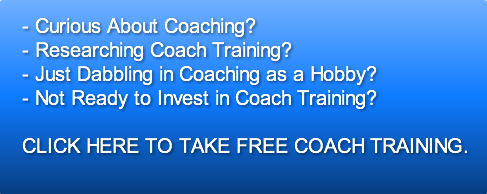

 A month ago, I posted to this blog with
A month ago, I posted to this blog with 
 If you've read blog posts on how to become a successful coach, you know that building your marketing list is a must.
If you've read blog posts on how to become a successful coach, you know that building your marketing list is a must.
